Connecticut College was awarded funding for six additional moderate-to-high-need students to participate in the 2025 Connecticut College Orchestra Tokyo Concert Program. This initiative brings the Connecticut College Orchestra together with the Tokyo Sinfonia, fostering U.S.-Japan relations and nurturing future cultural ambassadors. The program includes cultural immersion, joint rehearsals, and a performance at Oji Hall in Tokyo. It aims to create a lasting impact by integrating the Japanese language and studies into local schools.
Location: New London, CT
Grant Awarded: $12,985
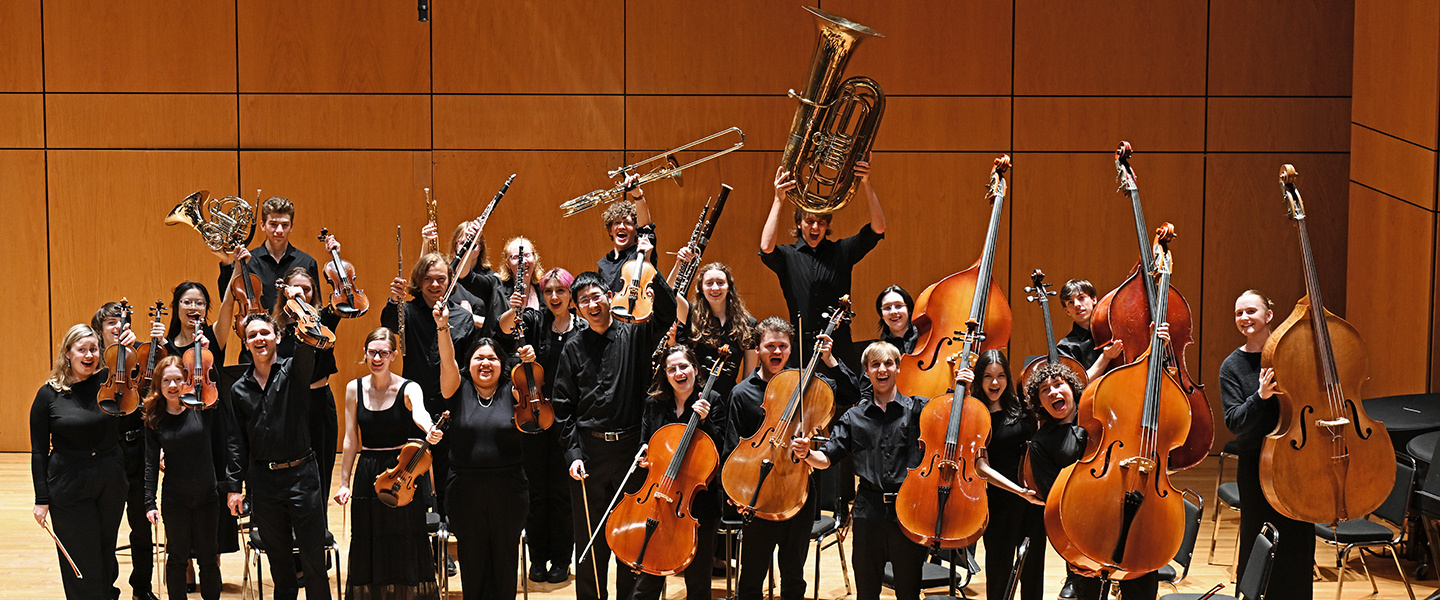

This project by the Japan Center for International Exchange (JCIE) seeks support to address a gap in strengthening the U.S.-Japan partnership to advance democracy in the Indo-Pacific region. The project aims to invite members of the ASEAN Parliamentarians for Human Rights (APHR) to Tokyo for discussions with Diet members and other Japanese stakeholders. This initiative intends to prevent the loss of momentum in supporting democracy and signals Japan's increased role in defending democracy in the region as a key US ally.
Location: New York, NY
Grant Awarded: $12,000
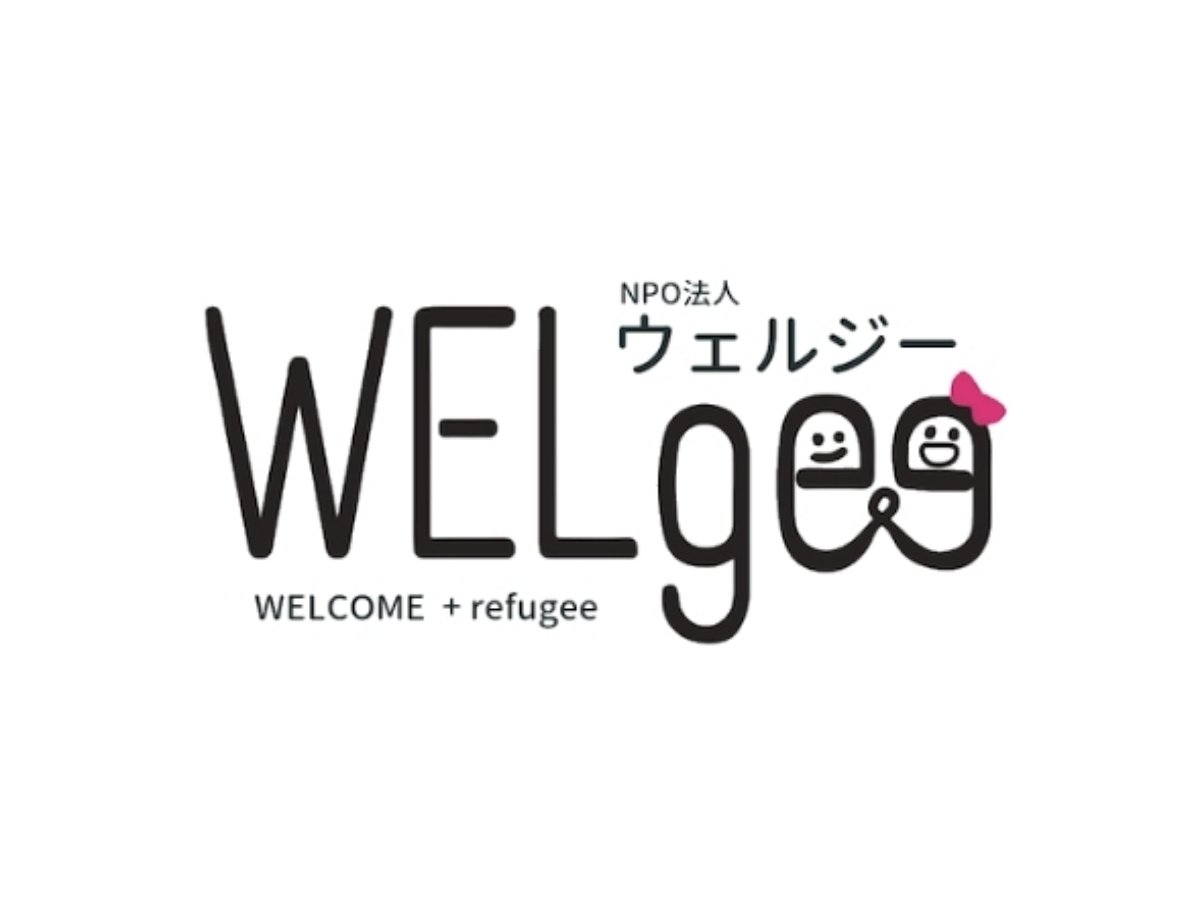
This project by NPO WELgee aims to enhance the quality of refugee career support through networking and mutual learning between practitioners in Japan and the United States. It combines career development programmes in Japan—such as language and employment support—with exchanges in the U.S., including study visits and workshops with leading NGOs. By building networks and sharing best practices, WELgee seeks to create a sustainable, mutual-learning model of refugee empowerment that benefits both societies.
Location: Tokyo, Japan
Grants Awarded: ¥6,000,000

This film examines 153 years of U.S.-Japan relations through baseball, from its 1872 introduction to the 2023 World Baseball Classic. It highlights figures like Babe Ruth, Masanori Murakami, and Ichiro Suzuki, exploring how the sport became Japan’s national pastime and a metaphor for complex historical layers, including racism and cultural misunderstandings. It ultimately shows how a bat and ball forged a bond between the two nations. (This emergency grant provides bridge funding following the recent rescission of an already secured NEH award, due to federal budget cuts.)
Location: Newton, MA
Grant Awarded: $30,000
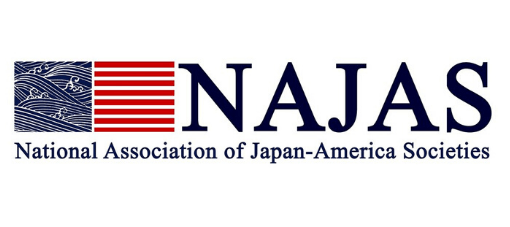
This project aims to create a crowd-maintained, user-friendly interactive online hub for Japan-related organizations (JROs) in the U.S. and Japan. It addresses the disparate JRO network and the need for efficient collaboration and information sharing within the dwindling funding environment. The hub will feature initial organizational profiles and event calendars, with future expansions to include expert, alumni, and grant inventories. This initiative seeks to foster enhanced collaboration, joint programming, and mutual understanding across the bilateral relationship.
Location: Washington, D.C.
Grants Awarded: $59,885
.png)
Empower Giving: Building Japan’s Philanthropy Advisors Framework
This two-year project aims to establish Japan's first structured training and certification program for philanthropy advisors, modeled after the U.S. Chartered Advisor in Philanthropy (CAP) system. It will equip professionals from financial institutions and legal fields with expertise to support high-net-worth individuals (HNWIs) in making strategic and impactful philanthropic contributions. By professionalising philanthropy advising, it seeks to foster strategic giving, maximise social impact, and strengthen U.S.-Japan relations.
Location: Tokyo, Japan
Grants Awarded: $198,000 over two years
Trust and Impact: Advancing Innovative Funding Practices in Japan
This three-year project, "Trust and Impact: Advancing Innovative Funding Practices in Japan", aims to advance Japan’s philanthropic landscape by introducing U.S. insights, particularly trust-based and strategic philanthropy, to the Japanese context and providing applicable knowledge. It will engage foundations, corporations, and high-net-worth individuals (HNWIs) to promote flexible, collaborative, and impact-driven funding. Through research, seminars, workshops, and practitioner networks, the initiative seeks to refine funding practices, accelerate social innovation, and strengthen U.S.-Japan philanthropic collaboration, positioning both nations as leaders in social change.
Location: Tokyo, Japan
Grants Awarded: $165,000 over three years

The Global Impact Investing Network, Inc. (GIIN) is a nonprofit dedicated to increasing the scale and effectiveness of impact investing to solve systemic problems facing people and the planet. The GIIN proposes to stimulate the growth of impact investing in Japan by establishing a Japan Working Group in 2025. The project will convene international investors to share concepts and resources, while showcasing Japan’s impact investing experience globally. It seeks to develop Japan's emerging impact investing ecosystem.
Location: New York, NY
Grants Awarded: $50,000
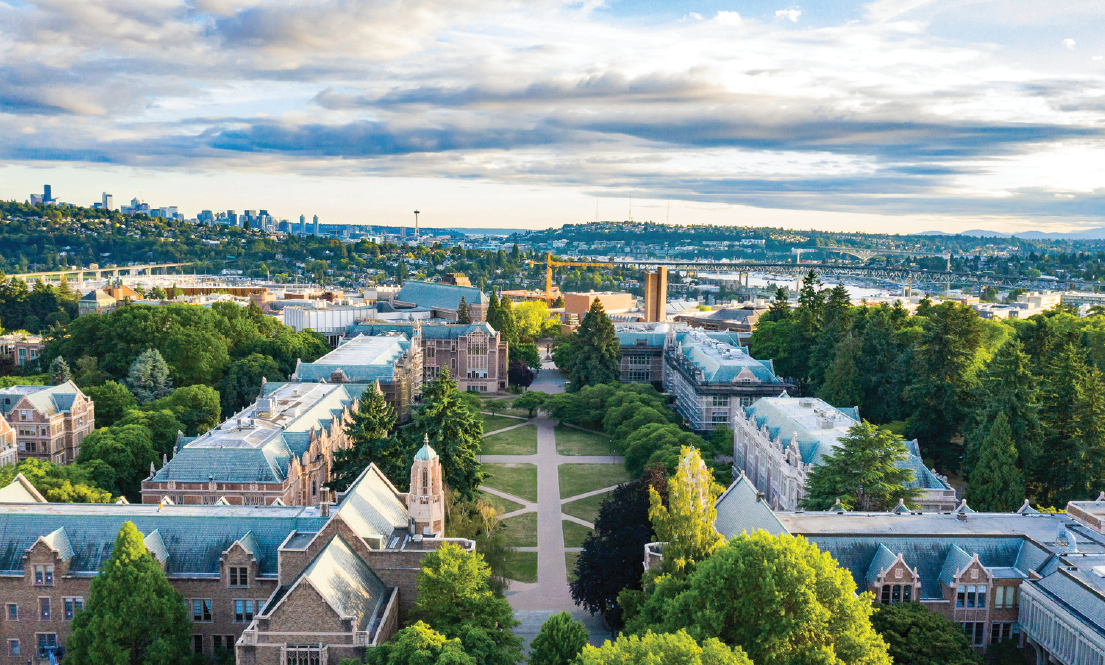
The project will establish a "Japan Policy Commons" (JPC), in collaboration with a network of scholars across universities in the United States. Led by the University of Washington, the JPC aims to revitalise policy-relevant scholarship on Japan's politics, economics, and security by sustaining and disseminating academic work. It will foster dialogue between academics and practitioners, build a pipeline for junior Japan experts, and raise the visibility of Japan-related scholarship, awards, and conferences through a digital platform.
Location: Seattle, WA
Grant Awarded: $25,000
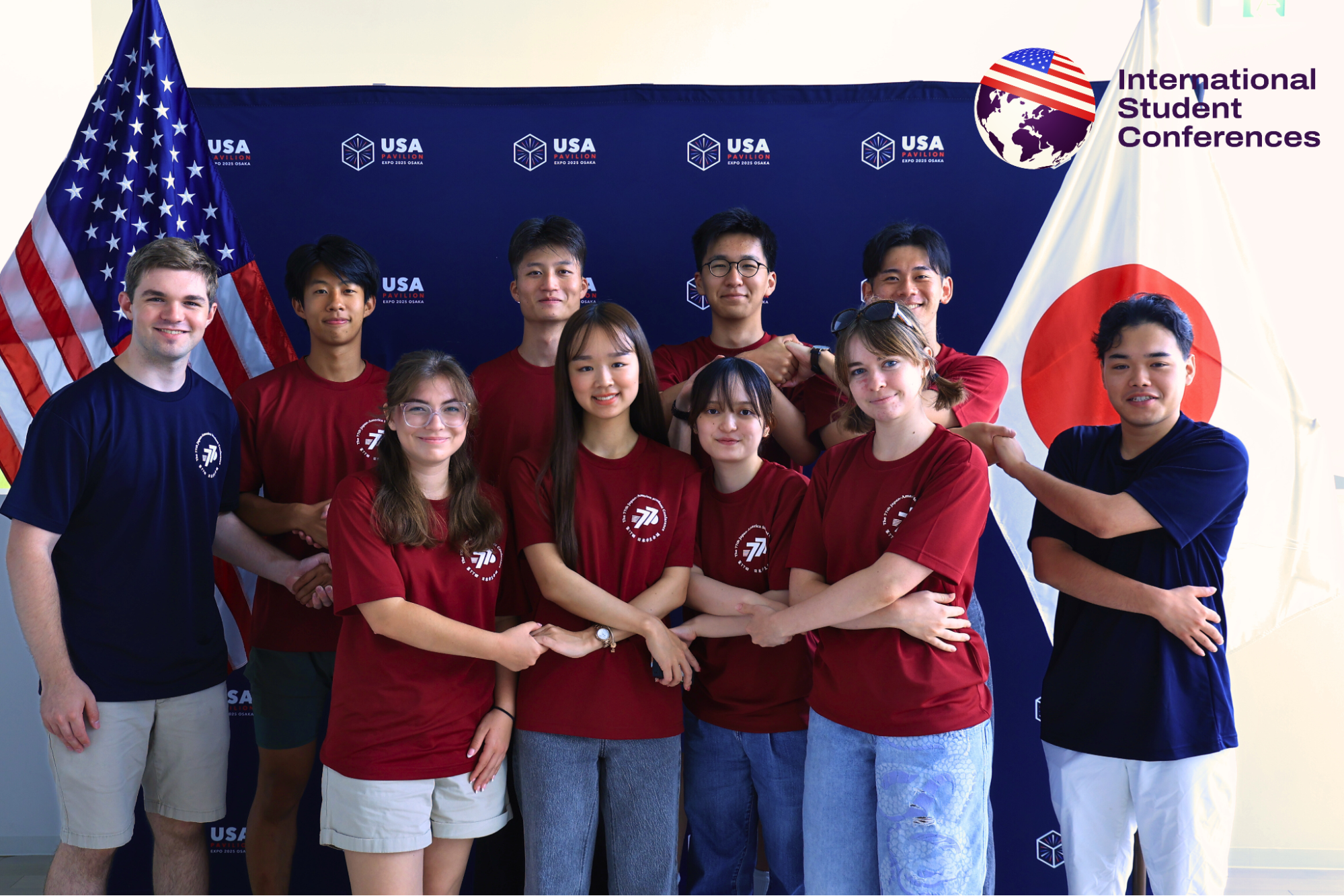
International Student Conferences, Inc. (ISC) proposes to strengthen the Japan-America Student Conference (JASC), the oldest student-led U.S.-Japan student exchange, by preserving its 90-year legacy. The project will redevelop the ISC website to create a comprehensive digital archive of past JASC conferences, improving recruitment and historical understanding. It will also develop a strategic plan to reconnect and engage JASC's 3,000+ alumni, leveraging their influence to further U.S.-Japan relations and foster future leaders in diplomacy.
Location: Washington, D.C.
Grant Awarded: $25,000
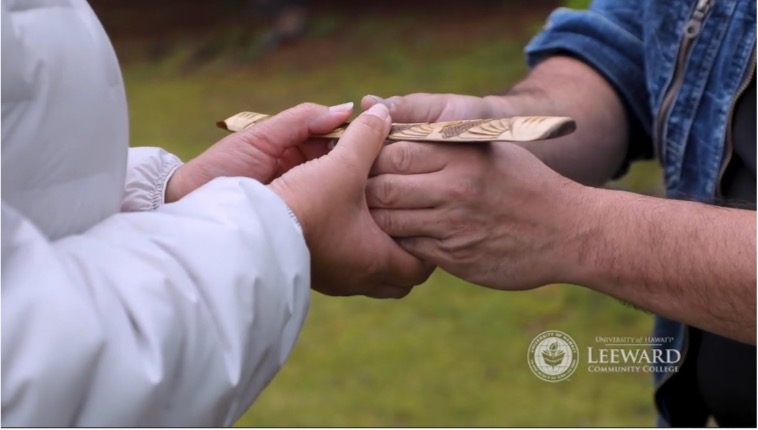
Ka Piko o Ka Honua is a pilot project by Leeward Community College, University of Hawai‘i, addressing shared challenges faced by indigenous peoples in the US and Japan. It will facilitate a first-time cultural exchange involving Native Hawaiian, Native American, and Ainu students, including a visit to the Ainu community in Hokkaido in June 2025. The project aims to foster mutual understanding, document cultural practices, revitalise languages, and ultimately establish an International Conference for Indigenous Students to empower communities and promote self-determination.
Location: Honolulu, HI
Grant Awarded: $18,500
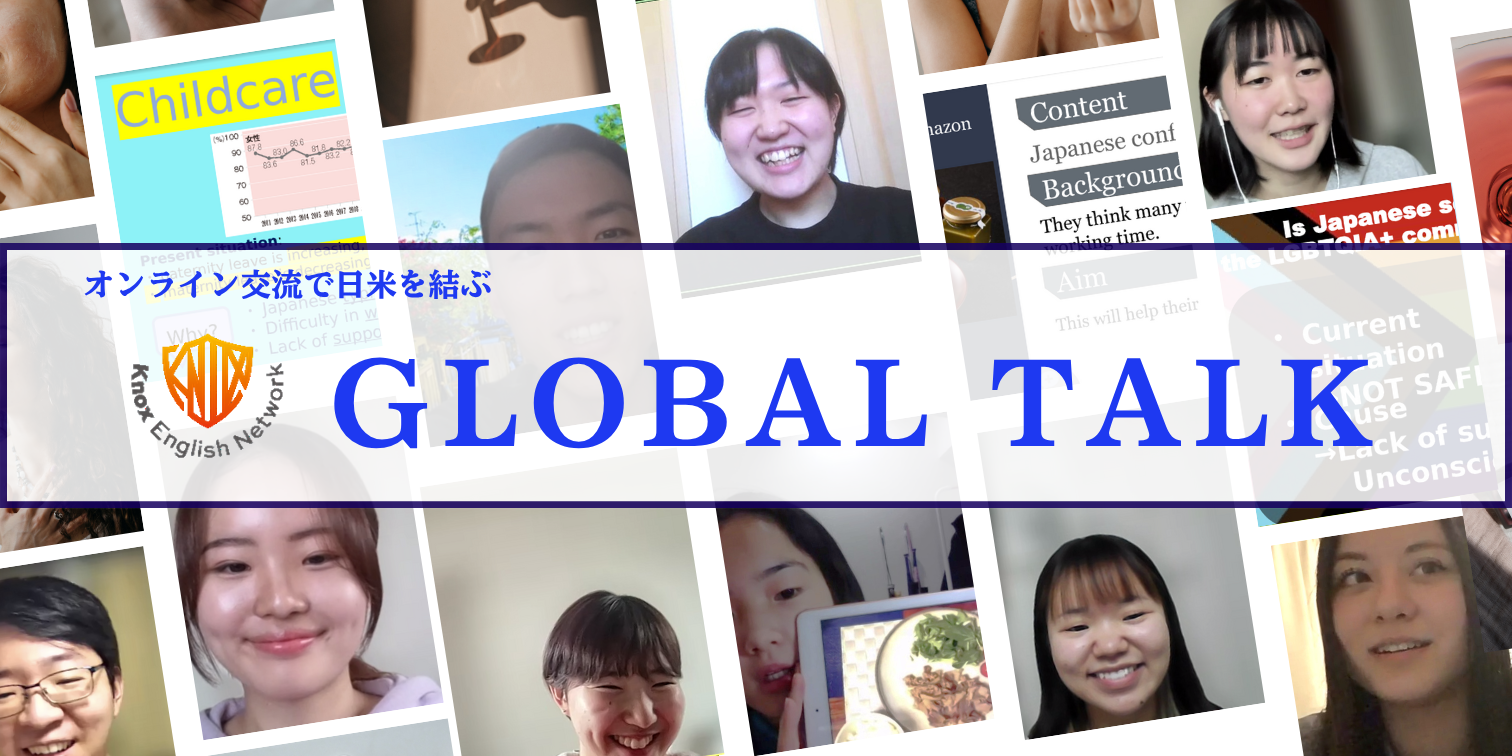
The Global Talk program aims to cultivate the next generation of Japanese youth with intercultural competence and communication skills. Through a nine-month online collaborative learning platform, Japanese students and Japanese learners in the U.S. foster mutual understanding and strong interpersonal relationships. The program also provides broader opportunities for international exchange to Japanese students, while enhancing Japanese language education in the U.S. and addressing the decline in Japanese language teachers.
Location: Tokyo, Japan
Grant Awarded: ¥2,600,000

The 2025 U.S.-Japan Sister Cities Summit, themed "Celebrating Our Legacies, Empowering Our Future," aims to enhance enduring U.S.-Japan partnerships by strengthening cultural and economic ties and reactivating relationships paused by COVID. Hosted in Izumisano, Japan, it will gather 600-800 participants for discussions on bilateral trade, women's empowerment, and democratic processes. The summit includes a visit to the Osaka World Expo, fostering the next generation of citizen diplomats.
Location: Washington, D.C.
Grants Awarded: $100,000
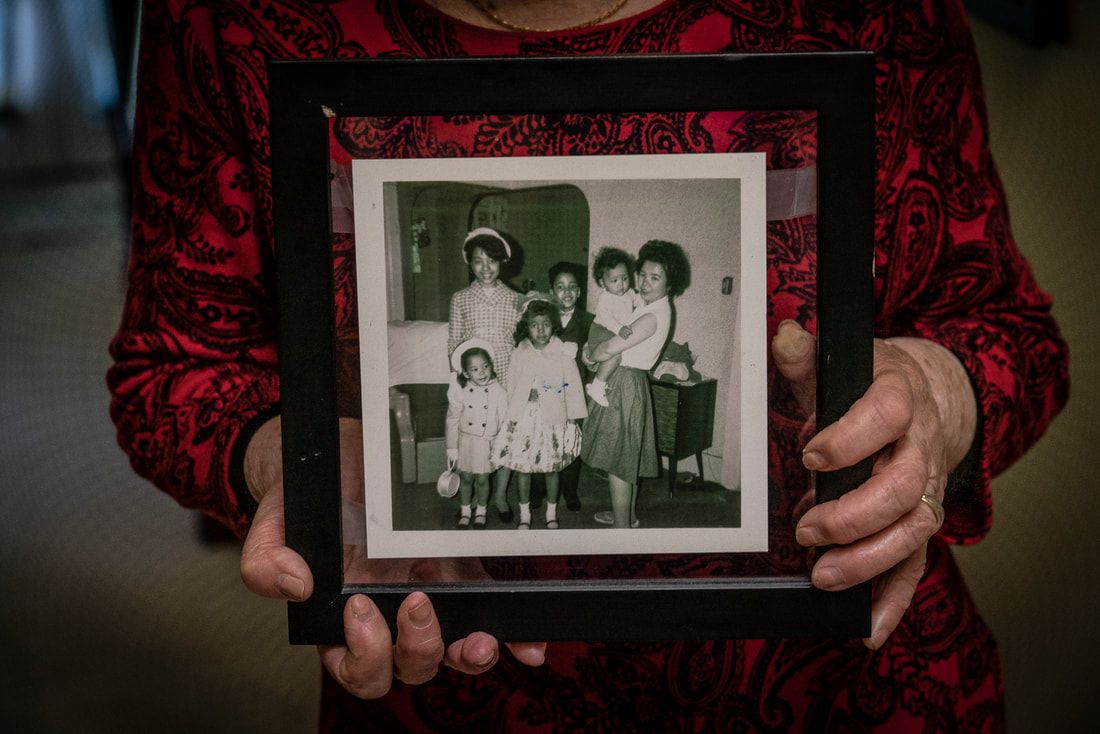
“Japanese War Brides: Across A Wide Divide,” the traveling exhibition produced by The War Bride Experience, the National Museum of American History and the Smithsonian Institution Traveling Exhibition Service, documents the lives of Japanese women who married U.S. servicemen —the first major wave of post-WWII Asian immigrants. The project seeks funding for community engagement and family storytelling through early 2027 as part of the exhibition. Programming includes screenings of the documentary Fall Seven Times, Get Up Eight, conducting oral history workshops, and collecting community audio stories to embed these crucial narratives in the U.S. immigration dialogue.
Location: Bethesda, MD
Grant Awarded: $15,000
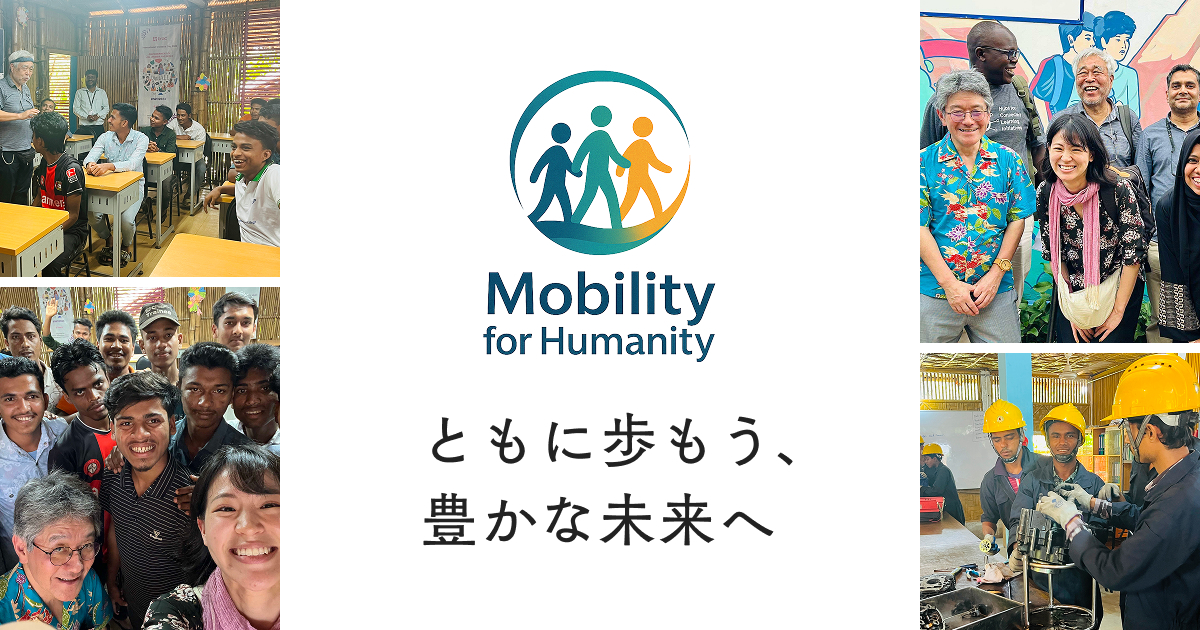
Mobility for Humanity is launching "Pathways to Prosperity," a pilot initiative to create an ethical employment-based migration pathway for displaced youth. Leveraging Japan’s work-related visa system, the project aims to facilitate the migration and integration of 10 Afghanistan / Rohingya refugee youths from Bangladesh to rural Japan, providing training and job placement. This multi-stakeholder initiative seeks to establish a replicable model for refugee workforce inclusion, strengthening U.S.-Japan humanitarian-development cooperation and fostering long-term social and workplace integration.
Location: Tokyo, Japan
Grant Awarded: $20,000

This project examines how the Japanese public evaluates the U.S.-Japan relationship. Addressing a gap in U.S.-focused polling and changing contexts, it uses a two-wave method: a survey to identify factors driving public opinion in either a positive or a negative way, followed by experiments to test their causal effects. The goal is to better understand the relationship's 'micro-foundation' and future prospects.
Location: Tempe, AZ
Grants Awarded: $29,999.99

The Milpitas High School Extension at the Innovation Campus is executing a 9-day STEM-focused trip to Japan in Spring 2026 for 36 engineering students. The initiative specifically targets underrepresented Black, Latino, and female students to help bridge the diversity gap in the tech workforce. The core objective is to expose participants to Japan’s world-renowned advancements in robotics and engineering. The immersive itinerary includes visits to cutting-edge research facilities, such as Miraikan and Tsukuba Science City, balanced with cultural experiences.
Location: Milpitas, CA
Grant Awarded: $20,000

The Mineta-Simpson Pathways to Cooperation Program is a 10-month exchange linking 10 U.S. students from the Heart Mountain area, including Native American reservations, with students in Japan. Honoring the legacy of Secretary Mineta and Senator Simpson, the project fosters mutual respect, cooperation, and bridge-building across cultural divides. Activities include extensive educational sessions, a two-week study tour to Japan (homestays, cultural sites, school visits), and final student presentations at Heart Mountain.
Location: New Rochelle, NY
Grant Awarded: $15,000
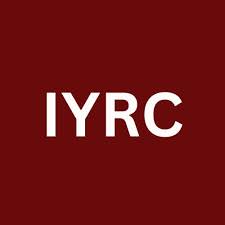
The ACComPLISHED: Community-based stroke education project engages high school students in the U.S. and Japan as trained Community Health Workers (CHWs). The initiative aims to train over 500 youth to promote stroke awareness and prevention in their local communities. Building on a successful U.S. model, the project utilizes expert-led virtual and in-person training from both countries. CHWs will conduct outreach to educate community members, seeking to reduce stroke disability and mortality. An interactive online platform will also be developed, strengthening U.S.-Japan collaboration on shared public health challenges.
Location: Tokyo, Japan
Grant Awarded: $20,000
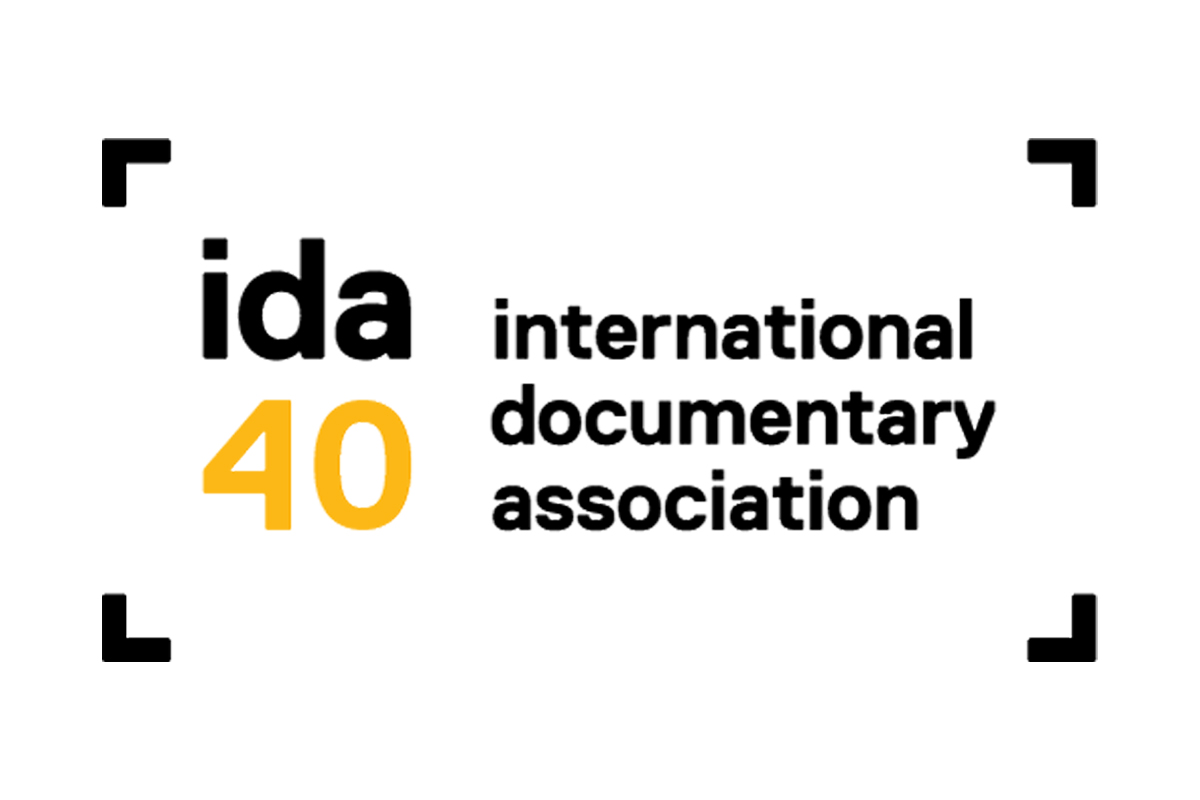
The "Downtown Famous" documentary film project traces the life, myth, and legacy of DJ Hiro, a Japanese cultural pioneer who fled his home and became central to 1990s New York hip-hop and fashion. The film explores how Hiro catalyzed cultural exchange and shaped the American scene before introducing Supreme and hip-hop to Tokyo. The project ultimately investigates the mysterious circumstances of his death, aiming to provide recognition and emotional closure to his community.
Location: Los Angeles, CA
Grant Awarded: $25,000

